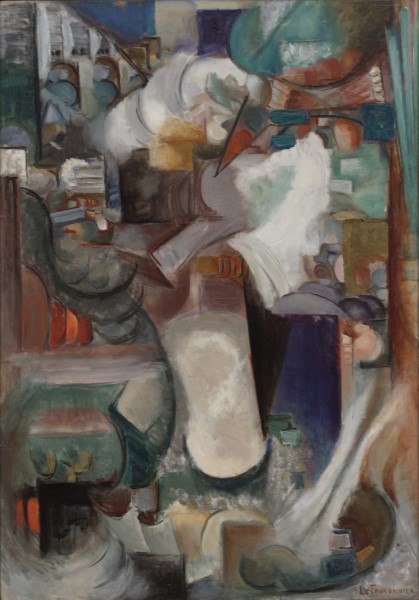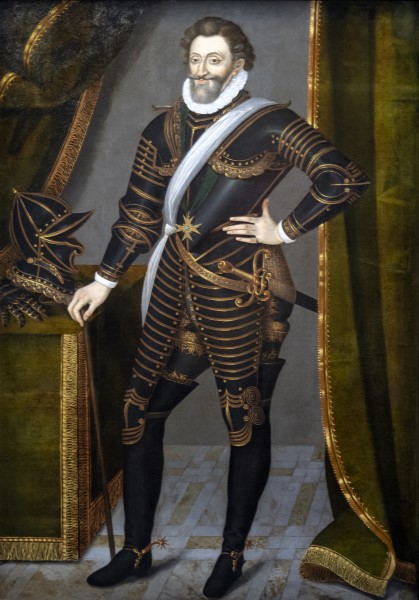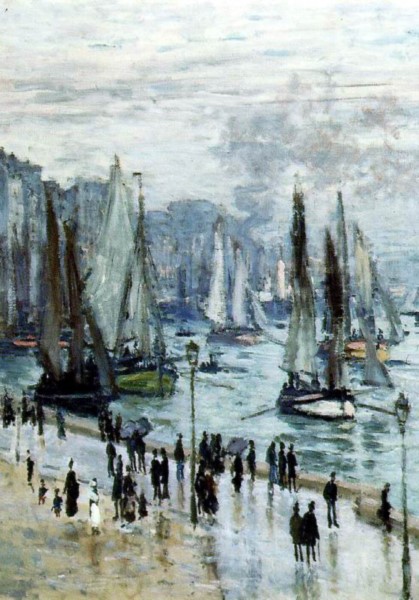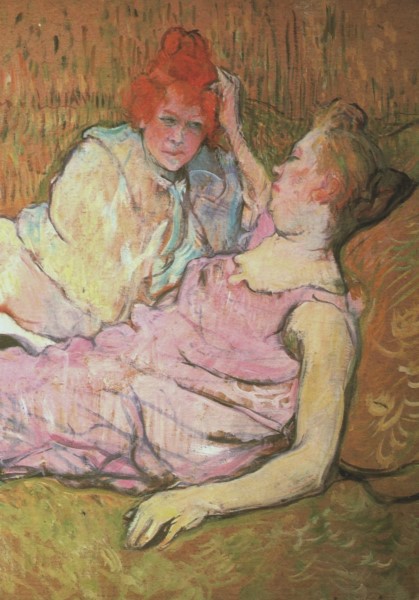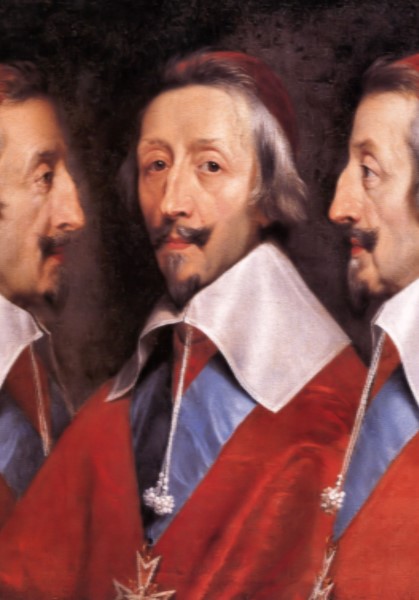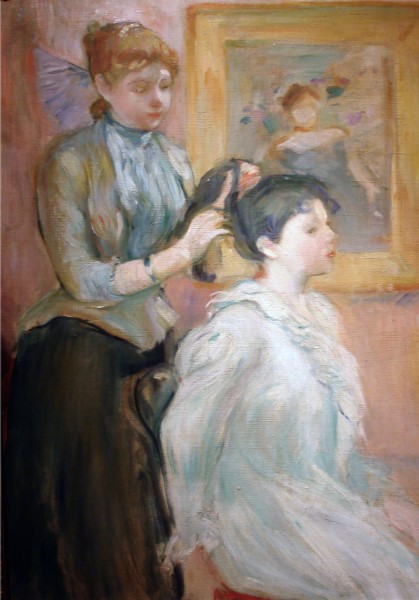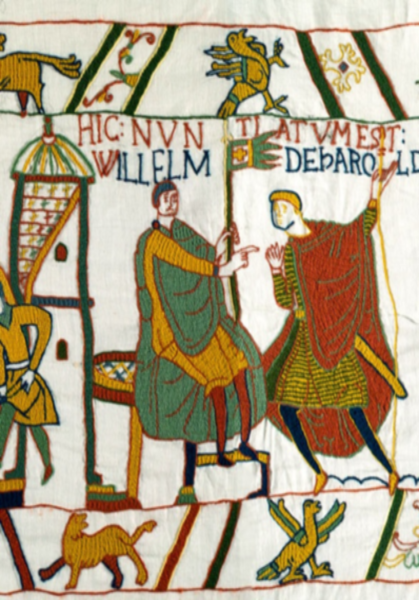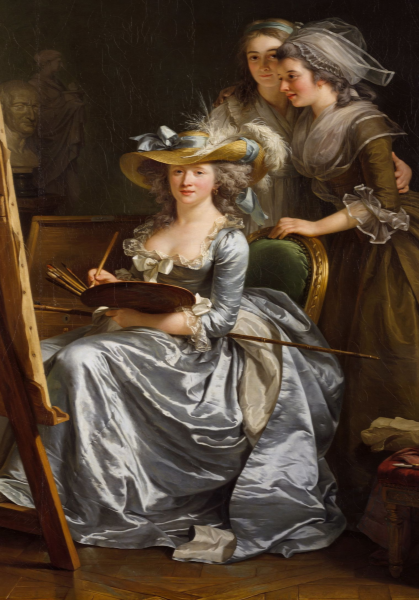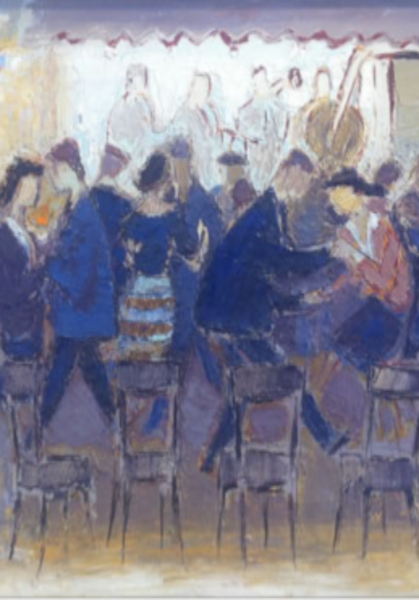Philip Dwyer, University of Newcastle, Australia
A few comments/questions about Bonaparte and Brumaire plus a few suggestions about where further research might usefully be carried out.
First, the contributors emphasise recent research which has shown that the Directory was not as inept and corrupt as was portrayed by the Brumairians and as had been generally thought by historians à la Vandal up until a few decades ago. This is, of course, important for historical research but it does not at all help explain why the Directory fell amid a wave of general indifference. Surely emphasis instead should be placed not only on contemporary perceptions of the Directory but also on why it was unable to transform its (considerable) achievements into a successful public relations exercise? The image of a corrupt Directory was nurtured, among others, by Bonaparte’s own military newspapers in Italy but, correct me if I am wrong, I believe there was a general disaffection in the French public with what were believed to be the corrupt, inefficient and essentially undemocratic politicians that were running the show from Paris. Is this not a better way of understanding why the Directory failed?
My second point is related to the first. If the politicians in Paris were increasingly alienated from the French public, then the army was increasingly seen as representative of the republican virtues for which the Revolution stood. At some stage, and I am not sure when this occurred (perhaps as early as 1797), there seems to have been a transfer of the values of the republic from the civilian onto the military sphere. If that is the case, instead of seeing Brumaire as just another coup in the revolutionary tradition (even if, as Annie Jourdan points out, its character was fundamentally different from previous coups in that the Brumairians wanted to introduce a new constitution) which was hijacked by Bonaparte, might it not be more useful to see it in terms of competing spheres of influence? Just about every stage of the Revolution was marked by a struggle between competing centres of power – between the monarchy and the National Assembly, between the clubs and the Assembly, between the Committee of Public Safety and the Convention, etc. Could not Brumaire be placed within the context of a struggle between military and civilian power for the preeminnent position in the public arena? It seems to me that Brumaire was the culmination of at least two trends that were very present under the Directory: the increasing personalisation of power in the hands of a strong executive (one man (Barras?) or a small committee); and the increasing militarisation of French politics and society. This last process needs to be explored further (or at least I am not aware of any studies that deal with it). I realise the coup was initiated by disaffected moderate politicians and was subverted from within the Directory itself, but the army was never far behind and played a key role in intimidating deputies on 19 Brumaire.
All of this does not, of course, help us understand why or how the process was hijacked by Bonaparte. I was glad to see that Annie Jourdan (and to a lesser extent Malcolm Crook) did not neglect Bonaparte’s character in explaining this aspect of Brumaire. The fraud, lying and deceit which she accuses him of were behavioural patterns present as early as the Revolution in Corsica. This too needs to be looked at much more closely and has to be put in a cultural as well as a personal context (something which I have been trying to do in an article that I have been working on).
There are a number of other points I wanted to raise that are peripheral to Brumaire but which go towards understanding the nature of the Napoleonic regime and might therefore form the basis of further research or at least further discussion.
a) Howard Brown’s contention that Napoleon’s personality ‘made defeat by a coalition of powers utterly inevitable’ is a provactive one and I wonder to what extent this too is not the product of another myth, this time put about by the English victors? In any event, I think it a little unfair to lay all the blame for the continuation of the wars at Napoleon’s feet simply because of the creation of ‘sister republics’ in northern Italy as Brown seems to suggest. One should not forget that the notion of France’s natural frontiers was pretty much an ideological pretext for expansion and that the creation of the Batavian Republic and the French incursion into Holland were sticking points with England that were not going to go away. One can also argue that even if these territories (northern Italy, Holland) had to be reconquered by Napoleon in the early years of the Consulate, thetradition of imperial expansion existed before he came to power. It seems to me that almost every aspect of the Napoleonic regime, including the empire, had its roots in the revolutionary era.
b) In the same vein, Brown, in quoting Denis Woronoff and Geoffrey Ellis, points out that the Directory needed a state of war to exist just as Napoleon’s power depended on continued military victories. I suspect that Napoleon’s belief in the continued need for military glory, which was totally out of sync with what the French public wanted after 1807 (did Napoleon not know this, did he not read the police reports that daily came across his desk?), was nothing more than a self-delusional justification for an aggressive foreign policy that only served Napoleon’s own self-aggrandizement. It relates back to the debate about the nature of the Napoleonic wars and whether Napoleon was responsible for them (as Paul Schroeder would argue) or whether they were essentially the continuation of the French revolutionary wars (as Brown seems to suggest). There is probably an element of both, but little has been written about what motivated Napoleon to strive for power (in Corsica as a young man, in France and later in Europe), and what inner forces drove him to continue to seek victory and glory on the battlefield, even in the face of inevitable defeat as in 1814.
c) This is where Annie Jourdan’s work is invaluable – that is, in understanding the nature of the man as well as the regime – although I would like to see it taken a step further: an analysis of the images projected can help us understand how Napoleon saw himself, or at least how he wanted to be perceived, but it should also be used to understand how others perceived/received the regime (a difficult undertaking). Here one must be careful not to fall into the trap of taking these images at face value. The fact that Napoleon projected a paternal image in some of his later paintings may very well be a response to what the French public wanted – a benevolent father figure similar to what they were used to under the monarchy – or it may be a reflection of his ideal self.
d) One could furthermore argue that the types of images projected in his paintings were also a reflection of the shift in attitudes that had taken place since 1789 away from collective responsibility (the ‘band of brothers’ as Lynn Hunt calls it) which patently was not working effectively, towards the idealisation of the individual and the increasing emphasis placed on the ‘hero’ as capable of leading the French people through these times of crisis. Bonaparte, almost intuitively it seems (however inadequate that word might appear to some), was acutely sensitive to these evolving trends as is evident in the image that he projected of himself during the First Italian Campaign, shortly before and after the Egyptian Expedition and the post-Brumaire era. This image contains a number of interesting elements which, I would suggest, reflects both shifting ideological trends in French society at large and the vague longing for a return to the prominence of the individual leader in government.
e) The longing for a paternal, hero figure may help us understand, up to a point, the French public’s eventual acceptance of Bonaparte but the processes along the way still need to be explored. I am assuming of course that there was a return to a new form of paternalism that eventually culminated in the empire. Part of my argument would be based on the fact that, according to Godechot at least, republicans were in a minority in France in 1792 when they executed the king, and they were still in a minority seven years later in a country that was deeply divided. The Republic, in fact, probably could not survive without the existence of some sort of dictatorship whether it was that of an assembly, a government or a man. By 1799, many French had come to believe in the necessity for a strong executive power – indeed, this is what Brumaire was all about – and it seems to indicate that there was a return to or longing for some form of paternalistic government.
f) Brown also mentions Max Weber’s concept of ‘charismatic authority’, which has been applied with varying degrees of success to modern dictators, but which is yet to be used as an explanatory model for Napoleon. How was charisma constructed around Bonaparte and how, if at all, did he gradually develop and exploit it? I don’t expect the contributors to answer this question but this would be, it appears to me, one of the more exciting avenues of research. It would not only help tell us how Bonaparte maintained his power, but go some way in telling us why he had the following he had.
g) Finally, Malcom Crook asks why there was no attempt to defend Napoleon in 1814? Surely the same reply can be given as to that of the Directory in 1799 – Napoleon had managed to alienate just about every group and a great number of individuals who had initially supported the empire, including many of the top-ranking military?
Philip Dwyer
University of Newcastle, Australia
Annie Jourdan: Second Response
A Malcolm Crook en particulier, aux participants du forum Napoléon en général
Le terme de ´empereur républicain´ vous semble poser problème. Et vous n´avez sans doute pas tort. Mais l´ensemble de mes recherches me persuade – et de plus en plus – que Napoléon voulait passer pour un empereur républicain, ce qui ne veut pas dire qu´il le fût vraiment. Mais c´est l´image qu´il souhaitait imposer de lui-même aux contemporains et à la postérité. Un empereur républicain, par sa simplicité, son labeur, son humanité, son conseil d´Etat (où régnait une soi-disant liberté de discussion), son Sénat et son corps législatif, de même que par ses lois. Du point de vue iconographique, cet empereur est celui de la redingote grise et du petit tricorne. C´est plus le Père de ses soldats que le souverain en majesté. De ce point de vue aussi, il se distingue des Imperators romains et des Rois de France. Empereur républicain, il le serait aussi sous l´image du magistrat au travail, dans son bureau. Les contemporains ont voulu qu´il en aille ainsi et dès 1804 rappelaient qu´un empereur n´était pas incompatible avec une république, qu´un empereur était tout simplement un consul victorieux. Mais à condition que la chose publique soit le soin de tous et que des pouvoirs représentatifs soient conservés qui préservent de l´arbitraire (Roederer). On sait que, dans la réalité, ces pouvoirs représentatifs ne représentaient plus grand-chose et que leurs droits furent sans cesse bafoués. Il n´empêche. Napoléon les conserva, à l´exception du Tribunat, et il y eut même durant l´Empire un simulacre de représentation. Roederer, encore lui, souligne également, que la véritable césure se situe dans la constitution de 1802, quand Napoléon asservit le Sénat, sans lui conférer l´hérédité. En 1806, Napoléon en vient à écrire à Jérome que le régime qu´il doit installer dans son royaume sera un gouvernement libéral et constitutionnel… Voilà qui donne à penser. Se croyait-il vraiment un monarque constitutionnel et libéral???
Donc, ce que je veux dire, c´est non pas que Napoléon était réellement un empereur républicain mais qu´il a souhaité entrer dans l´histoire sous cette image.
Parmi les questions qui continuent de m´intriguer, il y en a une que j´aimerais soumettre à mes collègues. A savoir, quel rôle a pu jouer le problème des finances dans les guerres napoléoniennes. Est-il concevable que Napoléon ait fait la guerre pour remplir ses coffres et remédier au déficit de ses finances? Metternich le suggère dans les années 1809 et une lettre de Napoléon va dans le même sens. Qu´en pensez-vous?
Annie Jourdan

